
Taking Africa to its Energy Future
Africa is ready to provide enough energy to achieve the most ambitious of goals, and it can do it while maintaining all environmental targets.
We believe careful planning of power systems towards more sustainable and diversified energy supply portfolios can save billions and rapidly reduce CO2 emissions. We create value through our extensive power system knowledge and experience from integrating different generating assets.
On this page, you may find our best materials and proceedings in energising and decarbonising the continent of Africa.
References in Africa
of engine power plant capacity installed
African countries with active customers
Wärtsilä engines installed across the continent
customers across the continent
Wärtsilä's industry firsts in Africa
With more than 650 employees and service hubs located in Kenya, South Africa, Nigeria and Senegal, Wärtsilä is proud to have contributed to many industry firsts. These include Africa’s largest gas engine power plant on the Kribi coast of Cameroon with 216MW capacity, as well as Africa’s highest installation, the 175 MW power plant in Sasolburg, South Africa, sitting at 1,700 meters above sea level.
Another first, the KivuWatt power plant in Rwanda, is the first ever power plant to use the naturally occurring methane from lake Kivu to generate electricity and reduce the environmental risks associated with such high concentrations of gas. Today’s power output is 25 MW but future planned expansions to this project will increase capacity by an additional 75 MW.
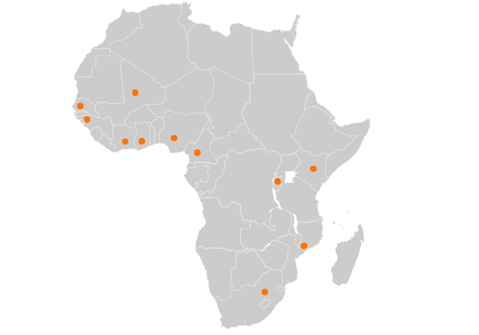
Our references from across the continent
Recent Country White Papers
Opinions
Africa related videos
Articles
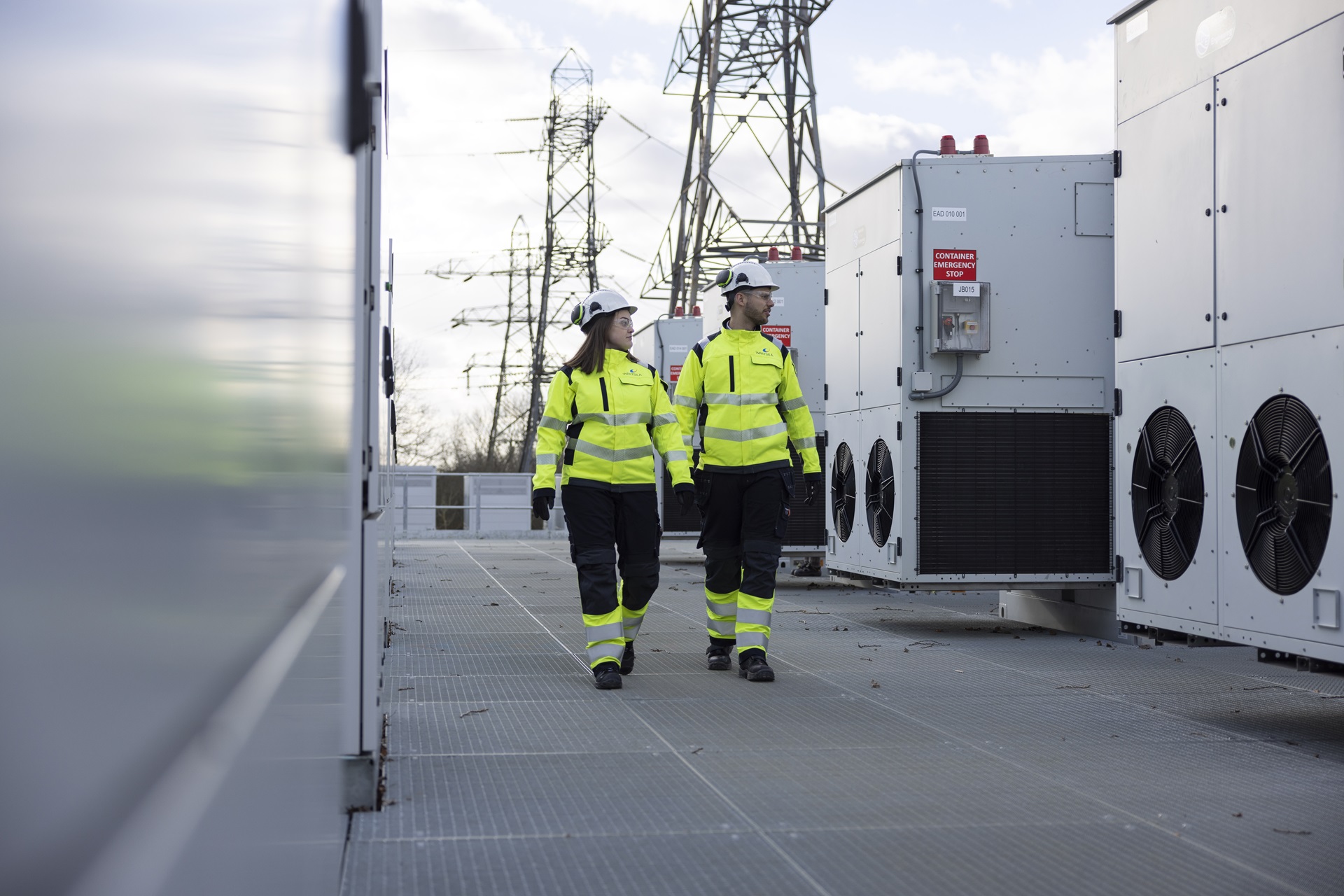
Recent press releases
“We stand at a tipping point”: Wärtsilä calls for urgent action to enable more flexible power systems
Technology group Wärtsilä is calling for urgent action to enable more flexibility in power systems around the world, as we reach a crucial renewable energy tipping point.
According to the IEA World Energy Outlook1 the amount of renewables deployed globally is set to double by 2030, with inflexible generation forecast to decline rapidly, including a 20% reduction in coal and 34% reduction in oil generation, equating to over 2,300 TWh in lost generation.
At COP28, the United Nations Framework Convention on Climate Change (UNFCCC) agreed to transition away from fossil fuels and triple renewable power by 2030, which would make this tipping point even more pronounced.
Renewable energy will become the world’s largest electricity source by 20252, and it is vital that flexible technologies are deployed at scale and pace to support that transition to avoid widespread curtailment, increased prices, greater fluctuations, and higher emissions.
Anders Lindberg, President, Wärtsilä Energy, said: “We stand at a tipping point, with unprecedented levels of renewables being added globally over the next decade and huge volumes of traditional inflexible assets on the cusp of retirement.
“Over the past decade we have transitioned from renewables requiring financial support, to a position where inflexible assets, such as oil, coal and CCGTs (combined-cycle gas turbines) and nuclear are no longer viable without political support.
“This presents us with a unique opportunity: to add more renewable energy than ever before on to our grids, build the right level and right type of flexibility into our power systems and phase out inflexible assets while converting to sustainable fuels. Ultimately this will ensure a transition that fully phases out fossil fuels and is affordable, low carbon and resilient.
“The decisions that we make today in designing our power systems will echo for generations, as we aim to tackle climate change and embed the right technologies to accelerate the deployment of renewables.”
To ensure we address this tipping point, Wärtsilä is calling on policy and decision makers around the world to:
- Choose the right technologies to accompany renewables, including grid balancing engines and energy storage to enable and accelerate the energy transition.
- Enable and encourage flexibility through regulations and policies that incentivise investments in flexible generation assets.
- Introduce shorter timeframes for power trading markets: Instead of trading in hourly periods, power trading markets should be operating in 15-minute, or even 5-minute, time resolutions.
Choosing the right technology
According to IEA World Energy Outlook report, gas generation will increase 1% by 2030 and decrease 5% by 2050 (TWh)3, however global utilisation and the emissions from the sector will drop significantly, as we reach an additional energy tipping point. Gas will increasingly shift from providing baseload power to providing flexible and firm capacity for real-time and seasonal renewable balancing.
However, not all flexible generating assets are created equal. Inherently wind and solar power is intermittent, so flexible assets are required to manage minute-level, daily and seasonal variations in renewable generation, to ensure the lowest carbon and most cost-effective power systems.
Engines are the optimal flexible power generation technology choice over aeroderivative turbines in a five-minute market, as they:
- Can outperform gas turbines when dispatched in real-time markets (i.e. 15- and 5-minute power trading intervals). One study found that an engine power plant can capture 60% more value than an equivalent aeroderivative gas turbine plant over 20 years4.
- Have 10% lower greenhouse gas emissions than aeroderivative gas turbines5.
- Can run on sustainable fuels once they are available for the energy sector, and can switch seamlessly between different fuels.
- Can ramp up in two minutes to support or balance intermittent renewables.
- Have no minimum uptime or downtime and can start / stop as many times as needed with no additional cost or impact on maintenance.
- Have high full load efficiency and can maintain it across a wide range of outputs – outperforming aeroderivative turbines under both normal and extreme conditions.
- Can operate at loads as low as 10%, making them ideal for providing spinning reserve.
- Can reduce curtailment.
Anders Lindberg continued: “Grid balancing engines will play a vital role in bridging to higher renewable systems, as they are the most efficient power generation technology to support intermittent wind and solar. In the future they can run on sustainable fuels to create 100% renewable power so there is no chance of stranded assets. Fuel flexibility is vital for ensuring a dependable source of electricity.
“We have all the technologies required to achieve net zero. It is essential that the correct incentives and policies are put in place today, to enable the deployment of flexible technologies and keep costs and emissions low, while shaping the power systems of tomorrow.”
Media contact:
Katri Pehkonen
Communications Manager
Wärtsilä Energy
Mob: +358 50 591 6180
katri.pehkonen@wartsila.com
Image caption: Engines are the optimal flexible power generation technology. © Wärtsilä
All Wärtsilä releases are available at www.wartsila.com/media/news-releases and at news.cision.com/wartsila-corporation where also the images can be downloaded. Use of the image(s) is allowed only in connection with the contents of this press release. Wärtsilä images are available at www.wartsila.com/media/image-bank.
Wärtsilä Energy in brief
Wärtsilä Energy leads the transition towards a 100% renewable energy future. We help our partners to accelerate their decarbonisation journeys through our market-leading technologies and power system modelling expertise. These cover decarbonisation services, future-fuel enabled balancing power plants, hybrid solutions, energy storage and optimisation technology, including the GEMS Digital Energy Platform. Wärtsilä Energy’s lifecycle services are designed to increase efficiency, promote reliability and guarantee operational performance. Our track record comprises 79 GW of power plant capacity and 125 energy storage systems delivered to 180 countries around the world.
www.wartsila.com/energy
Wärtsilä in brief
Wärtsilä is a global leader in innovative technologies and lifecycle solutions for the marine and energy markets. We emphasise innovation in sustainable technology and services to help our customers continuously improve environmental and economic performance. Our dedicated and passionate team of 17,800 professionals in more than 280 locations in 79 countries shape the decarbonisation transformation of our industries across the globe. In 2023, Wärtsilä’s net sales totalled EUR 6.0 billion. Wärtsilä is listed on Nasdaq Helsinki.
www.wartsila.com
5 https://www.wartsila.com/energy/learn-more/technology-comparison-engine-vs-aero
Africa local offices
South Africa
4 Powerful Street,
Paarden Eiland
7405,
Cape Town
Tel. +27 21 5111 230
Nigeria
Wärtsilä Marine and Power Services Nigeria
23 Oba Akinjobi Street
Ikeja GRA, Lagos
Nigeria
Tel. +234 907 808 0936 - Marine enquiry
+234 8057217049 - New Builds enquiry
+234 708 624 3992 - After Sales enquiry
E-mail: Sales/Services equiries WNG@Wartsila.com
Kenya
ABC Towers - 7A, ABC Place
Waiyaki Way
Nairobi
Tel. +254 20 7602 400 (Pilot)
E-mail: info.wea@wartsila.com
Senegal
Wärtsilä West Africa
Immeuble Le Thiargane 7ème étage, Mermoz Place OMVS
B.P. 21861 Dakar-Ponty, Dakar - Senegal
Tel + 221 33 865 41 00
Fax + 221 33 864 42 72
E-mail: West.africa@wartsila.com
Madagascar
Fort Dauphin (Taolagnaro)
QMM Madena, Fort Dauphin, 614
Madagascar
Tel. +261 20 224 3267
Fax: +261 20 224 3253
Cameroon
Wärtsilä Central Africa
Wärtsilä Base, Essengue
Douala, Cameroon
Tel +237 33 50 54 00
Fax +237 33 50 54 99
wcm@wartsila.com for general information
wcmsales@wartsila.com for commercial issues
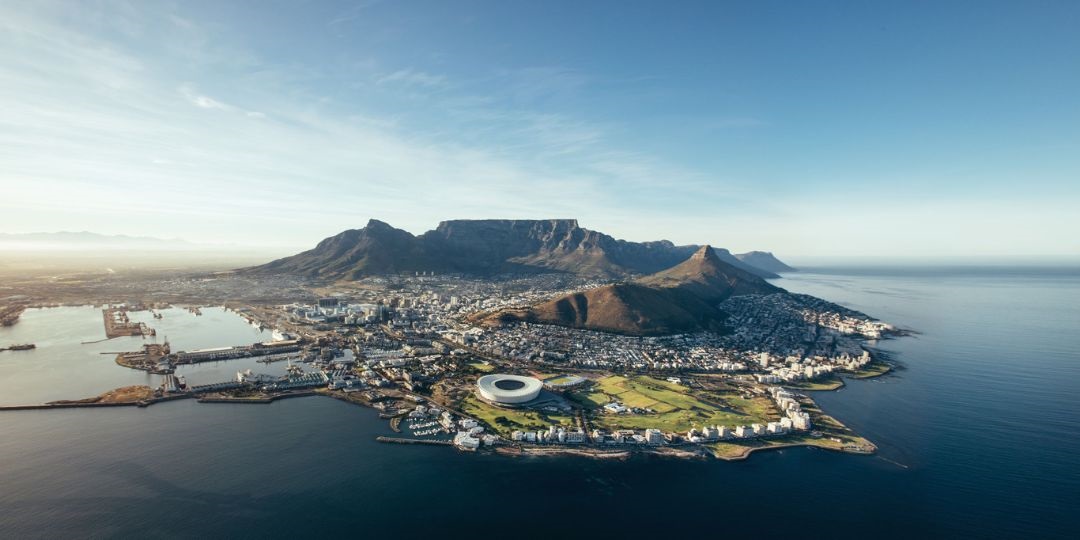




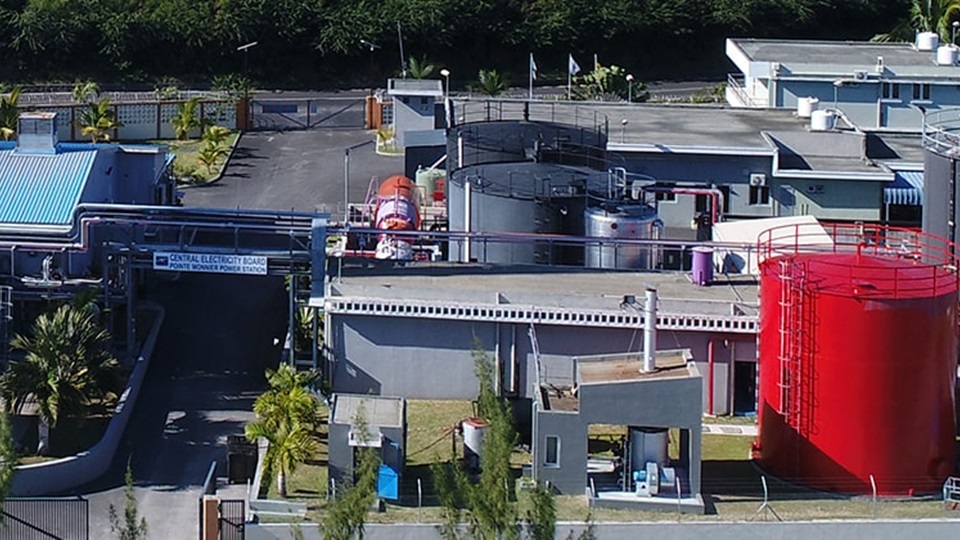

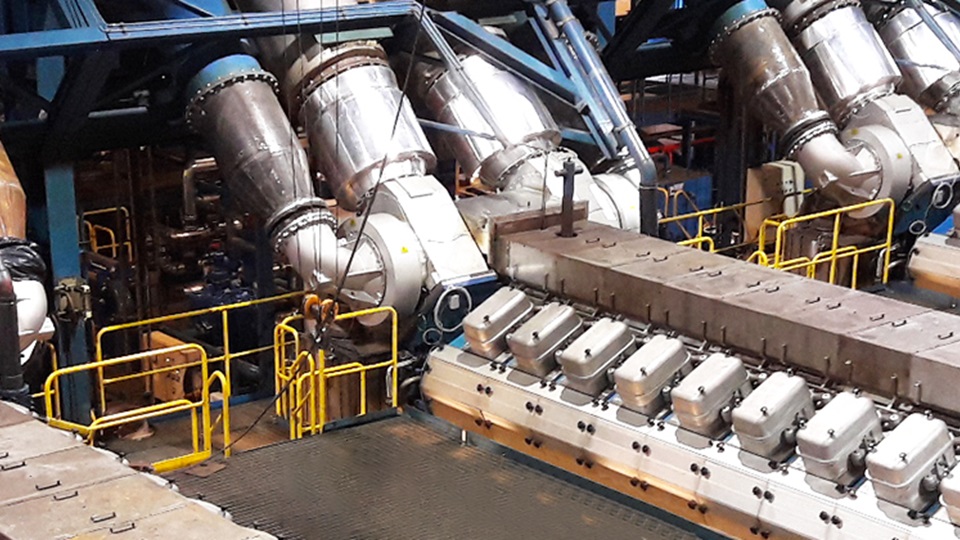
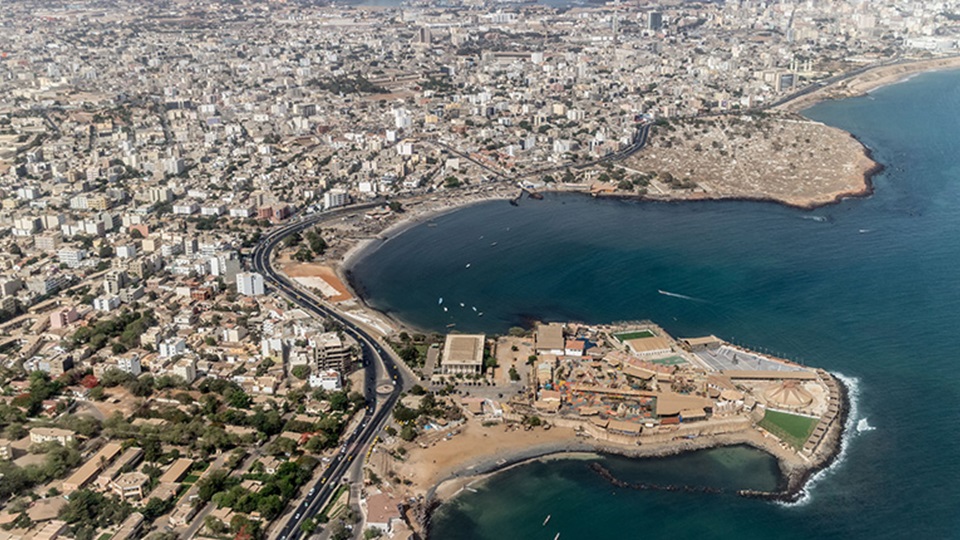
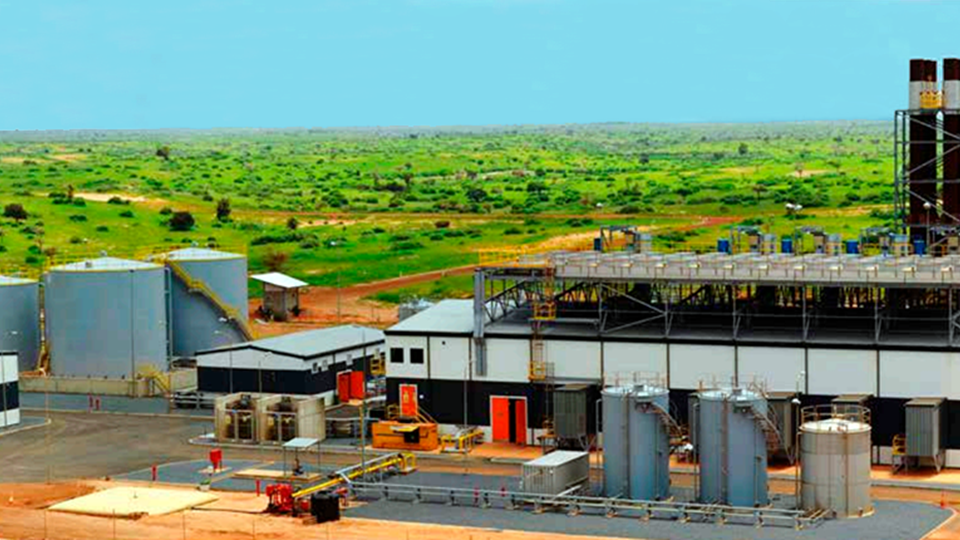
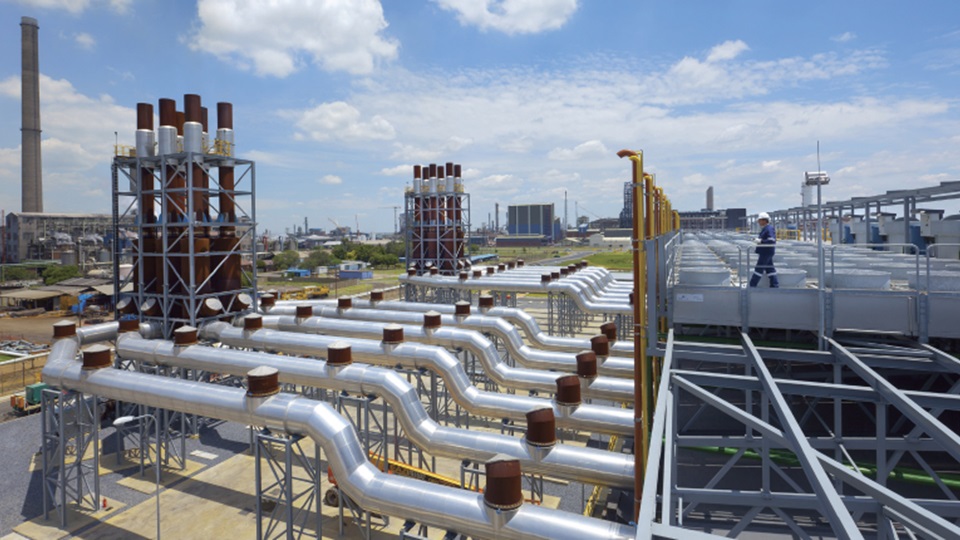

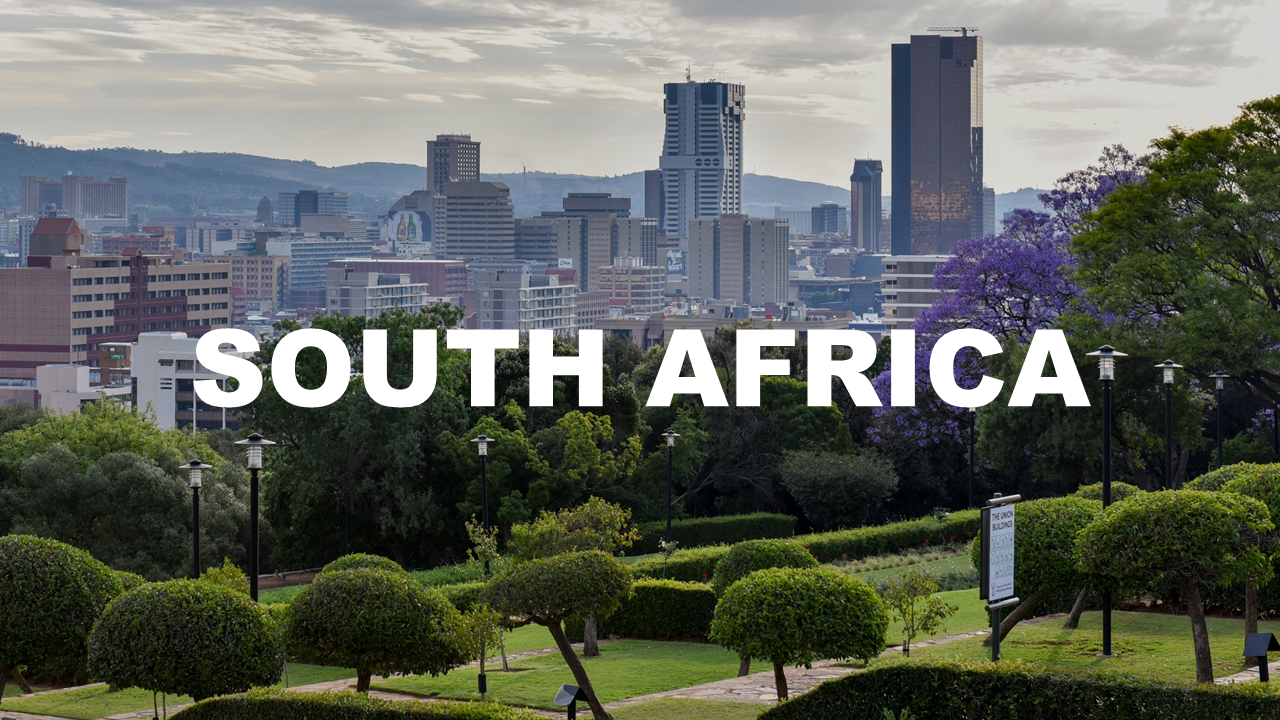
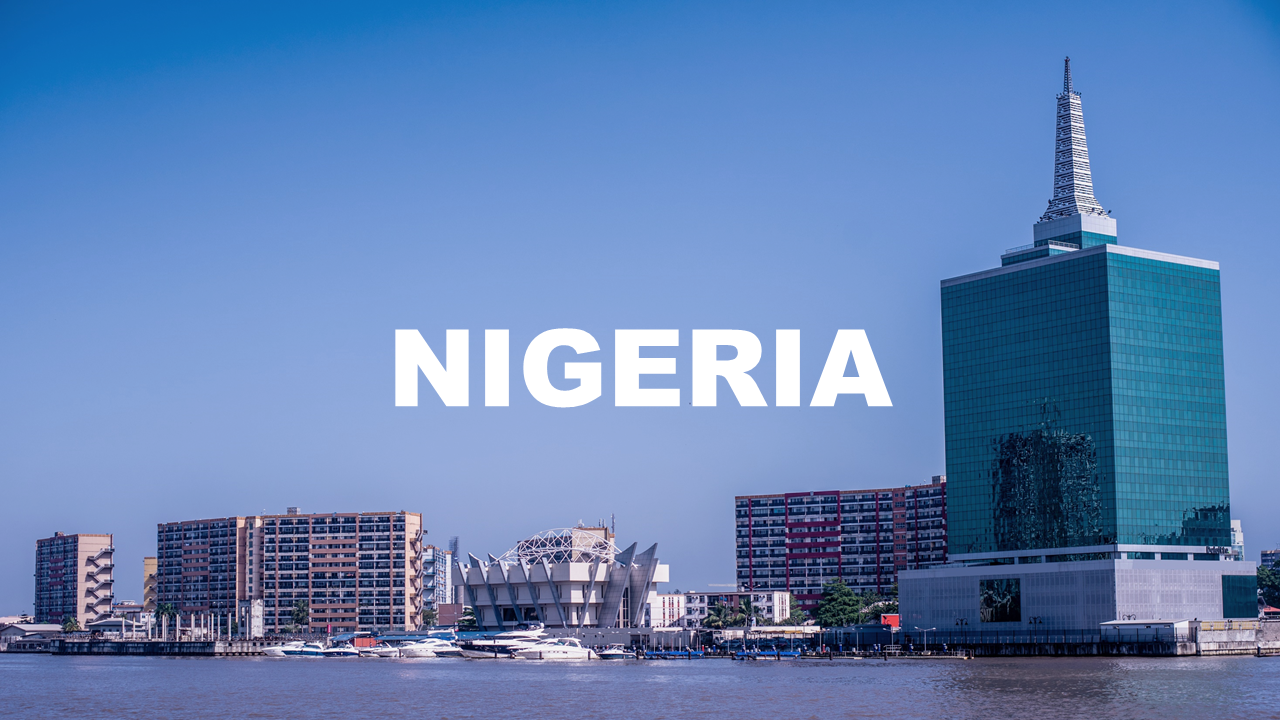
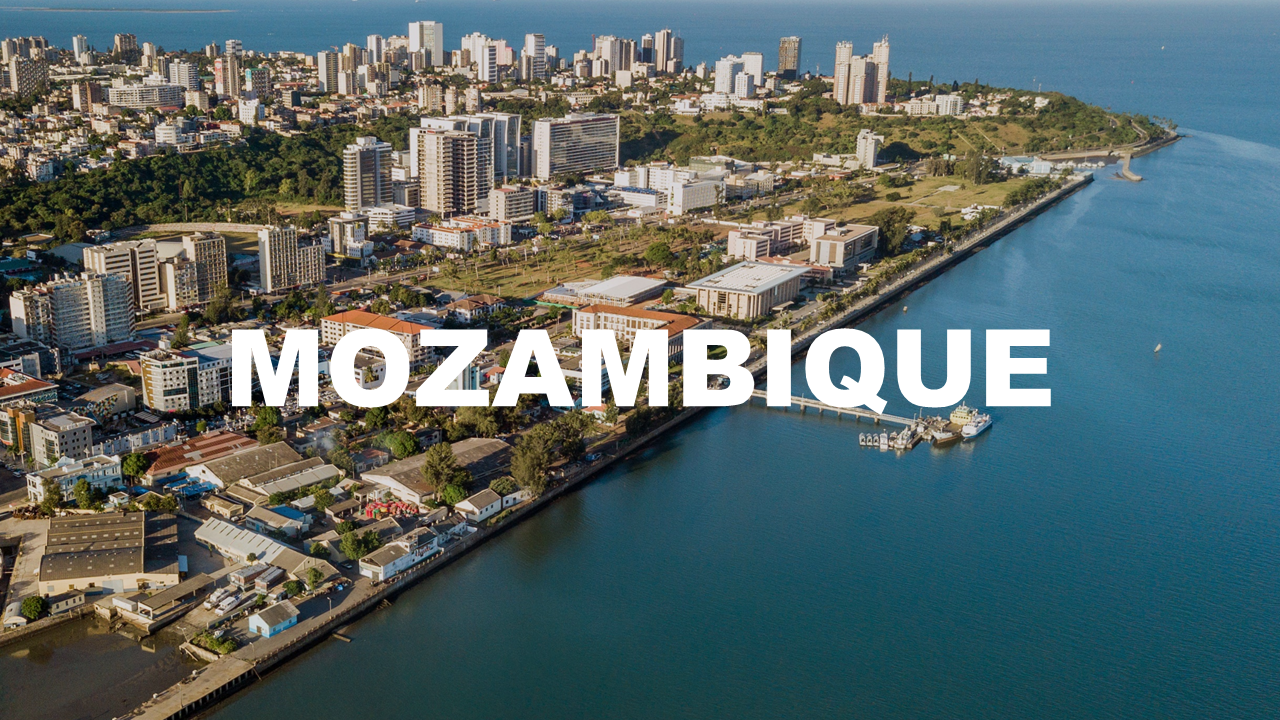
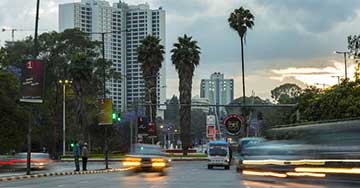


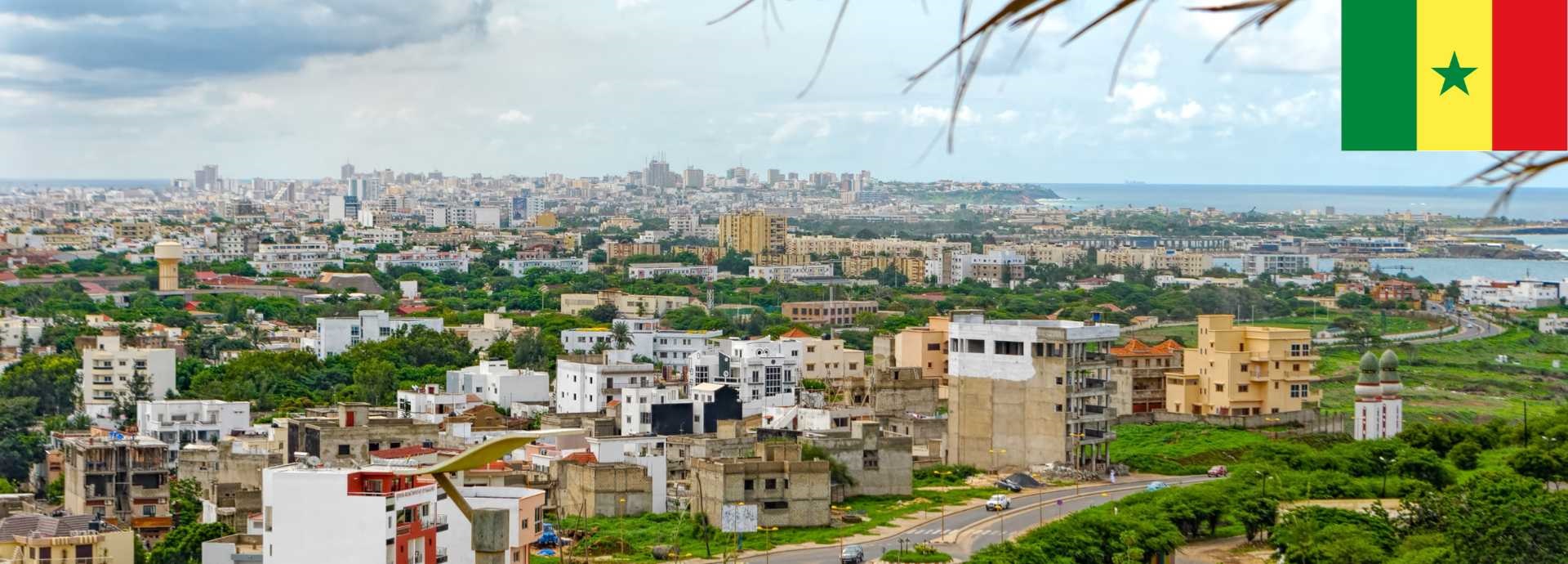

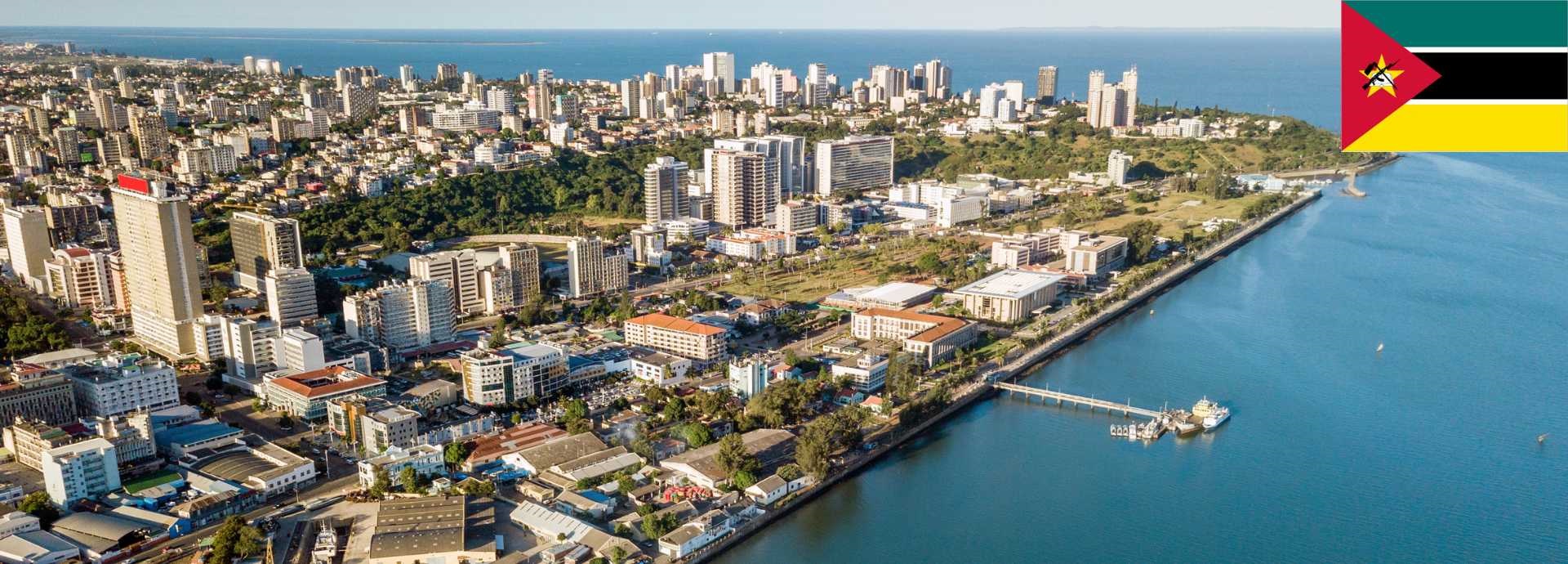

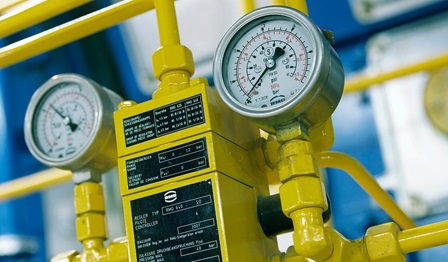


.tmb-448x262.png?Culture=en&sfvrsn=7d8ce645_2)